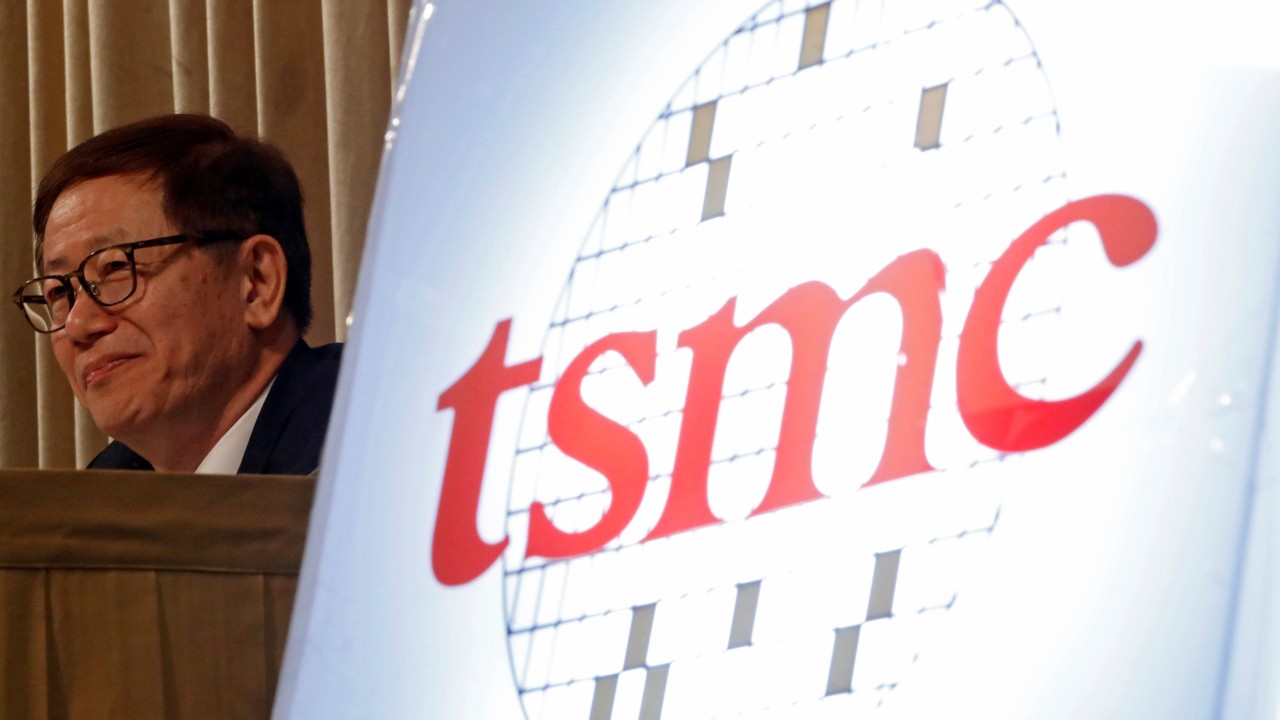TSMC expands in Japan with government-backed chip manufacturing
TSMC is expanding its presence in Japan through a government-backed initiative for chip manufacturing.

Taiwan Semiconductor Manufacturing Co (TSMC), the world's largest contract chip manufacturer, has secured an indefinite exemption from US trade sanctions concerning mainland China. This exemption empowers TSMC to maintain its access to advanced chip equipment for operations in China, a significant development amid ongoing global supply chain challenges.
TSMC expands in Japan with government-backed chip manufacturing
The United States Department of Commerce's Bureau of Industry and Security (BIS) has recommended that TSMC participate in the "validated end-user" (VEU) program. Under this program, TSMC can receive exports without the need for separate approvals, simplifying restrictions on foreign chipmakers conducting business in China. TSMC has expressed confidence in obtaining a permanent authorization through the VEU process, streamlining its operations.
This move comes in response to the export controls imposed by the Biden administration in October 2022, aimed at limiting China's access to certain semiconductor chips manufactured worldwide with US tools. TSMC had previously secured a one-year authorization, covering its factory in Nanjing, China, which produces 28-nanometer chips. The recent extension of the waiver alleviates uncertainties surrounding TSMC's operations and enables effective planning of its manufacturing processes.
Notably, South Korea's Samsung Electronics and SK Hynix have also received similar indefinite waivers, allowing them to supply US chip equipment to their China-based factories without the need for separate approvals. These developments reflect the nuanced approach by the United States, balancing national security concerns with the intricate interdependence of the global technology sector.
TSMC's operations in mainland China, including its facilities in Shanghai and Nanjing, will continue without disruption. While specific details about the waiver's duration were not disclosed, the industry anticipates a year-long extension, aligning with previous patterns.
This decision aligns with the Biden administration's efforts to address the challenges presented by emerging technologies. In an effort to bolster domestic semiconductor manufacturing, the administration has removed stringent restrictions on expansion in China by companies receiving federal funds to build plants in the US. Both TSMC and Samsung are set to benefit from US subsidies for their new facilities, enhancing their competitive edge and strengthening the US technology ecosystem.
Following this announcement, TSMC's shares listed in Taipei closed on a positive note, reflecting optimistic market sentiment. As the global technology landscape continues to evolve, these developments underscore the intricate balance between international cooperation and safeguarding national interests in the domain of advanced semiconductor technologies.

 Redmi Note 13 is coming to global! Here's the dateMobile
Redmi Note 13 is coming to global! Here's the dateMobile





